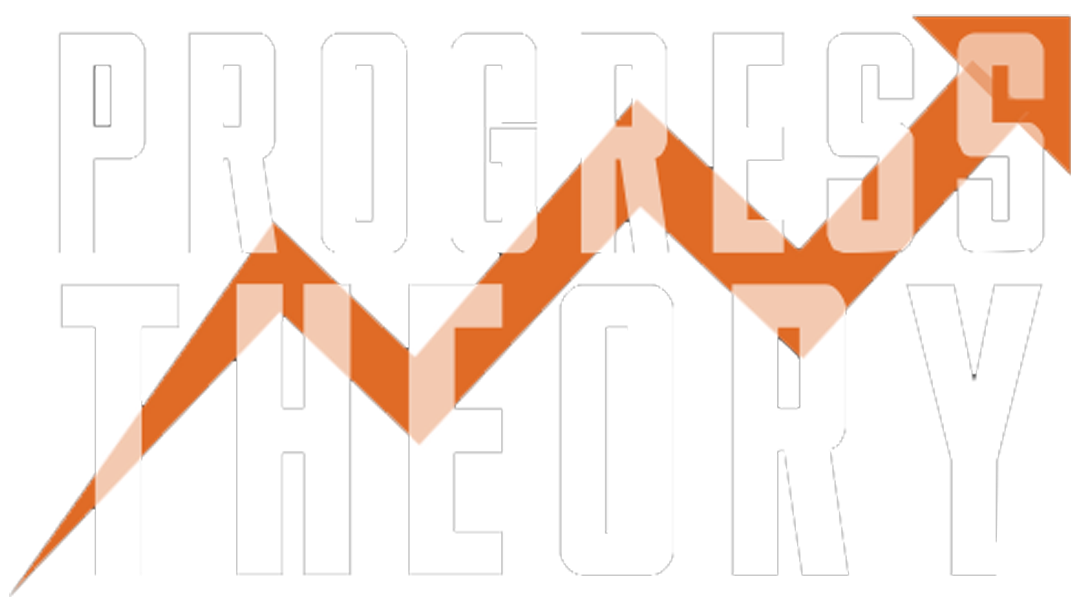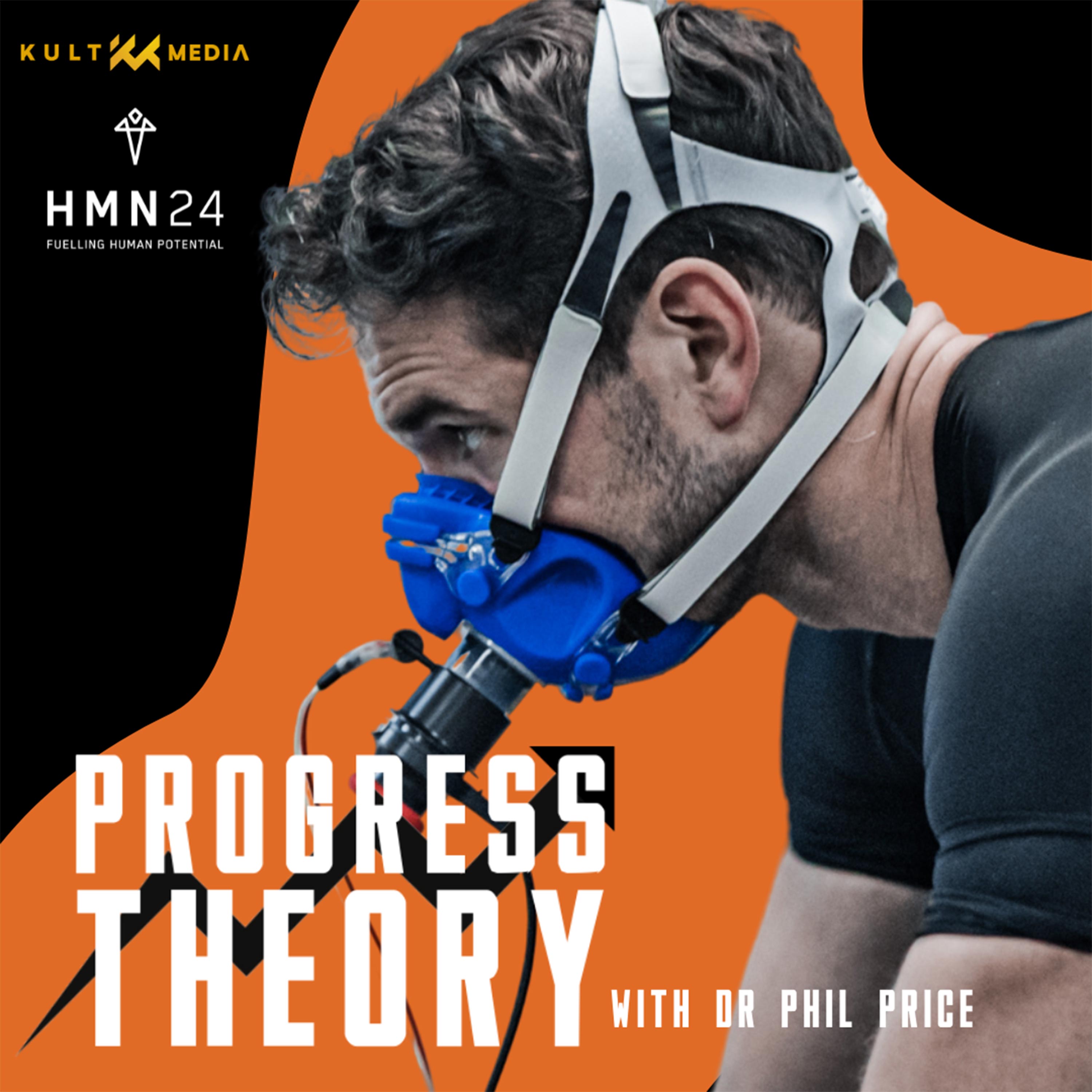Concurrent Training And The Interference Effect - Dr Matt Lee
Hello and welcome to The Progress Theory where we discuss how to implement scientific principles to optimise human performance. I’m Dr Phil Price and on today’s episode we have Dr Matt Lee, Postdoctoral Research Fellow at the Institute for Health and Sport, at Victoria University in Melbourne.
It was originally thought that you couldn't develop strength and endurance simultaneously due to something called the interference effect. Certain molecular, hormonal and neuromuscular adaptations occur which may limit your strength training progress if you also do a large amount of endurance work, for example. However, it’s not as simple as that, and there are many factors, like training intensity and recovery time between sessions, which we can manipulate to minimise the interference effect. Dr Matt Lee specialises in concurrent training research and in this episode we discuss how the interference effect was discovered, what training factors can blunt adaptations, and what you can do to train strength and endurance simultaneously.
But before we get to the show I want to thank our sponsors, who the show would not be possible without.
I want to take a moment to express my gratitude to my production partner, KULT Media.
KULT Media has been instrumental in the development & success of the progress theory.
They have created brand guides, comprehensive podcast strategies, enhanced the podcast production, developed custom workflows for me and edited & mixed all of the video, audio and social media content.
Their simple Coach, Create & Collaborate process has saved me 100’s hours in podcast production, resolved countless technical issues and consistently help me to improve my podcasting game.
So if you want to establish and engage your audience, or are ready to launch your own podcast head to www.kult.media to learn more.
Thank you to HMN24 – fuelling human potential and optimising everyday human performance and well-being.
First of all – HMN24 is not a sports supplement company. I’ve seen sport supplements be used as a method to improve performance in the gym and at a certain sport. However, these supplements, like a pre-workout, are often used on top of a lifestyle which does not provide the foundation needed for optimal performance. There’s no point taking pre-workout supplements if your sleep, hydration, and nutrition is an unstructured mess. I’m convinced that a large percentage of injuries are often caused, not because training was poor, but because a poor lifestyle foundation increased the athlete’s susceptibility to injury. Sports supplements are often used to plaster the cracks in poor lifestyle habits, which only causes more future problems.
And this is where HMN24 is different. The product range at HMN24 not only helps improve your foundation; it optimises it. The HMN24 products are designed to fit around your circadian rhythms, from the moment you wake up, to key moments in the day when you need optimal focus, to getting the best sleep at night, there’s a product to optimise each phase of the day.
I can’t recommend enough the “live on form’ pack, consisting of the products Rise, flow and pre-sleep. Rise is for the morning and is my absolute favourite. It tastes amazing. Rise contains caffeine for increased morning alertness (though not a huge amount of caffeine, which is sooo much better for avoiding gastro-intestinal distress), electrolytes from coconut and watermelon powder to increase hydration after the previous night’s sleep, and B-vitamins, to ensure you ready to win the morning. I’m not a fan of long-winded morning routines. I wake up, have my Rise with ice, and get straight to writing, and I’ve seen such an improvement in getting into deep work.
By the time 2pm comes around the effects of caffeine from Rise has worn off, but I don’t want to take more caffeine because that’s going to interrupt getting to sleep later on. This is where Flow is perfect. It’s a caffeine-free nootropic, perfect for improving alertness and concentration during that mid-afternoon slump. And finally, I take pre-sleep just before bed, which is a comprehensive night-time complex, formulated to help support well-being and fortify the body against the fatigue and stress that come with leading a performance-driven lifestyle.
I can’t recommend these products enough they are a game changer for human performance. And also, while you’re at their website hmn24.com check out there plant protein, which is incredible for smoothies post-training, and their website includes articles and an awesome podcast for those wanting to learn more about human performance. You can even check out the episode I did with them, I thoroughly enjoyed that chat I had with Phi Learney, Co-founder of HMN24, and it has led to an awesome collaboration with HMN24 supporting The Progress Theory. If you want a 10% discount on all HMN24 products either head to their website via the links in the Instagram bios of @theProgresstheory or my personal Instagram @drphilprice or use the code PHILPRICE at checkout.
As always, follow The Progress Theory on Instagram and Youtube, head to our website theprogresstheory.com, and check out all of our other episodes. So here is, Dr Matt Lee ...
In this episode, we discuss:
- 1:30 - Introduction
- 9:18 - What is concurrent training and the interference effect? The work of Robert Hickson
- 15:32 - The interference effect on different strength parameters
- 19:44 - Neuromuscular and molecular effects
- 27:57 - How the research supports the amazing feats of hybrid training seen today
- 33:54 - The effect of previous training on the interference effect
- 42:34 - Effect of volume and frequency on the interference effect
- 49:32 - minimum dose to minimise the interference effect
Final Thoughts
Thank you to Matt for coming onto The Progress Theory and talking about his research on concurrent training and the interference effect. It was awesome to get an understanding around where the misconceptions of the interference effect have come from and dive into the literature to show that this effect may not be as prominent as history tells us.
I just wanted to provide some final thoughts on key areas which really stood out to me.
Firstly, Matt’s discussion around the molecular responses to specific training and our training history really made me think. If the molecular response to training decreases as we become more familiar with that training, surely training regularly at both strength and endurance disciplines would reduce the molecular responses and reduce the severity of the interference effect? Does this mean that with an appropriate hybrid training programme the interference effect, if there is one, should decrease over time?
And secondly, Matt highlighted that a training frequency of 3 sessions a week is enough to create improvement but doesn’t increase the volume to such an extent that it could increase the chance of the interference effect? So, as an example, If we trained strength 3 times a week and endurance 3 times a week, all on separate days, the interference effect should barely exist. You’re training enough and getting sufficient rest in between sessions for the interference effect to not affect training at all.
Anyways I hope you enjoyed this episode and it allowed you to start thinking about your hybrid programming. If you want further information on this topic I definitely recommend checking out Matt’s research, we’ve created a link for it in the show notes. If you enjoyed the show It would be awesome if you could leave us a review and share this episode on your insta story. Feed that algorithm to help the show grow. We’ll see you in the next one.
FOLLOW OUR PODCAST
Follow our Host / Guest
Explore these Resources or Items Mentioned in the Show
Matt Lee Google scholar profile
For all our other episodes and to get in touch, please visit www.theprogresstheory.com.
Thanks for listening!
All rights reserved. © The Progress Theory & KULT Media LTD 2025

